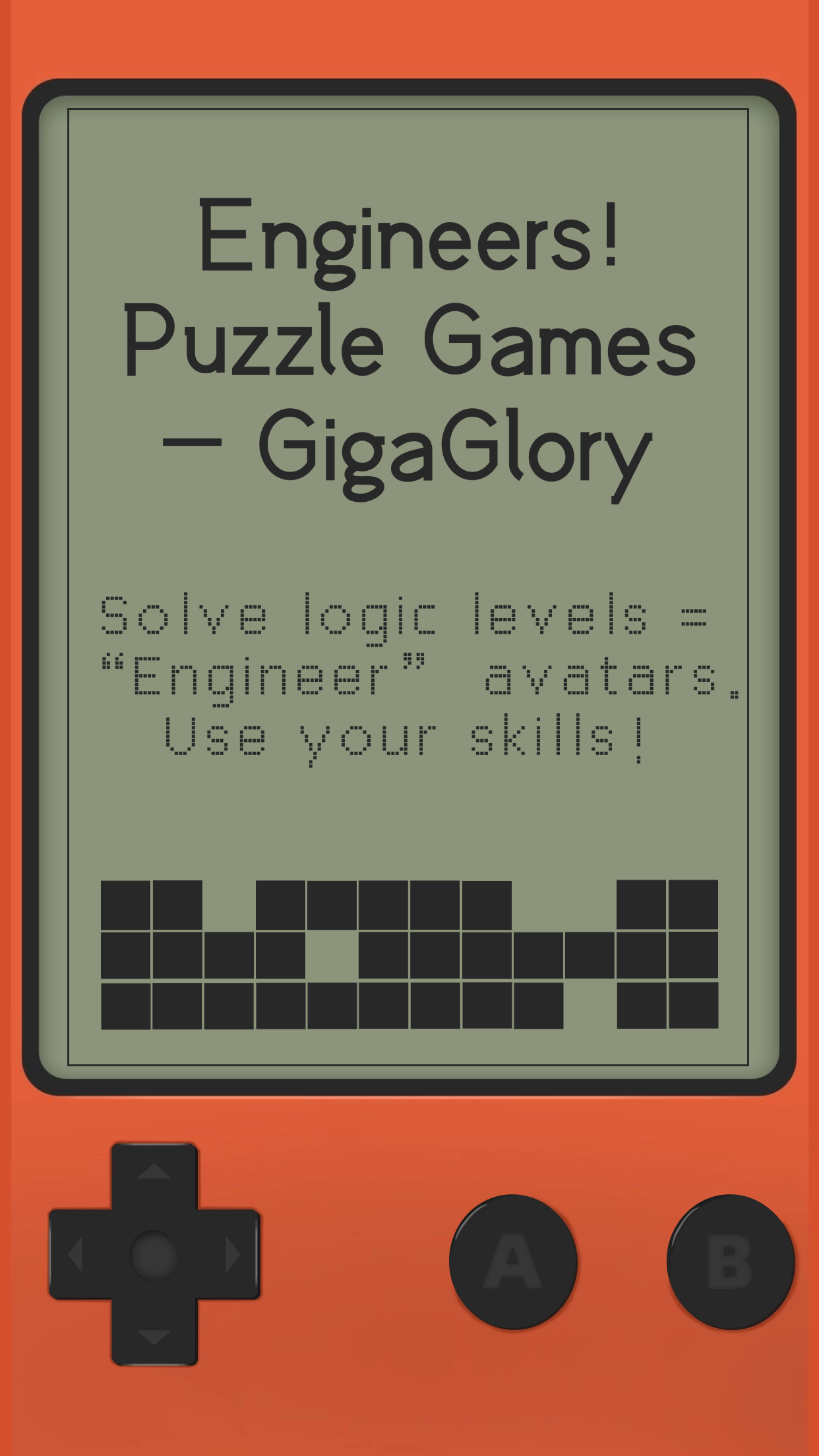Unlocking Learning: How Puzzle Games Are Revolutionizing Educational Games
Educational games, particularly puzzle games, have become a vital part of modern learning environments. These games are not just for fun; they play a significant role in enhancing cognitive skills through engaging gameplay. From fostering critical thinking to promoting collaboration among students, puzzle games have taken the educational world by storm.
The Rise of Puzzle Games in Education
In the past few years, the integration of technology in education has seen a rapid surge. Traditional teaching methods are now complemented by interactive and engaging tools, with puzzle games being a frontrunner. Not only do they capture learners' attention, but they also provide a platform to challenge and stimulate their minds. This section explores how these games have gained popularity in educational settings.
What Makes Puzzle Games Effective Learning Tools?
Puzzle games promote various educational benefits:
- Cognitive Development: Players enhance problem-solving skills by encountering and overcoming challenges.
- Engagement: Interactive play keeps students motivated and focused.
- Teamwork: Many puzzles require collaboration, fostering social skills.
The combination of these factors makes puzzle games particularly effective in maintaining student interest and fostering a constructive learning atmosphere.
Exploring Popular Puzzle Games for Education
There are numerous puzzle games tailored for educational purposes. Here are some popular examples:
| Game Title | Platform | Age Group | Key Features |
|---|---|---|---|
| Jigsaw Puzzles | Various | All ages | Enhances spatial awareness and problem-solving. |
| Monuments of the World | Google Play | 8+ | Geography and history integration. |
| Puzzle & Kingdoms | Google Play | 10+ | Strategy development and resource management. |
| Brain Warp | Various | 12+ | Cognitive speed and agility training. |
The Educational Benefits of Puzzle Games
Puzzle games possess unique advantages that support learning:
- Enhanced Memory Retention: Players remember information better when they engage with it actively.
- Boosted Analytical Skills: Many puzzles require players to strategize, analyze data, and predict outcomes.
- Creative Thinking: Players often need to think outside the box to solve complex puzzles.
How Puzzle Games Foster Critical Thinking
Critical thinking is imperative in today’s rapidly changing world. Puzzle games challenge players to use logic and reasoning. By solving puzzles, students learn to:
- Identify problems
- Analyze situations
- Formulate solutions
Puzzle Games and Collaboration
Many educational games encourage teamwork. Classroom activities that incorporate these games can:
- Improve communication skills
- Promote social interaction
- Enhance group problem-solving capabilities
When students work together to unlock challenges, they learn the value of collaboration and group dynamics.
Combining Learning Styles with Puzzle Games
Puzzle games cater to different learning styles, making them versatile educational tools. For instance:
- Visual Learners: Benefit from colorful graphics and interactive visuals.
- Auditory Learners: Gain from sound effects and voice instructions.
- Kinaesthetic Learners: Excel through hands-on interactions with puzzles.
Integrating Puzzle Games into Curricula
Teachers can effortlessly integrate puzzle games into their lessons. Consider these strategies:
- Select games that align with curriculum goals.
- Monitor student engagement and progress.
- Encourage discussions about puzzle strategies and outcomes.
The Future: Trends in Educational Puzzle Games
With continuous advancements in technology, the future of puzzle games in education looks promising. Trends include:
- Use of AI to personalize learning experiences.
- Incorporating VR and AR for immersive learning.
- The development of multiplayer puzzle games for global classrooms.
Real-World Applications of Puzzle Games in Learning
Puzzle games aren’t limited to classrooms. Many educational institutes use them for:
- Workshops
- Outdoor activities
- Evening learning programs
Challenges of Implementing Puzzle Games
Despite the benefits, the incorporation of puzzle games also comes with challenges, such as:
- Access to devices and internet connectivity.
- Teachers' need for training in using technology effectively.
- Ensuring educational value outweighs entertainment.
Conclusion
Puzzle games have revolutionized the landscape of educational games by making learning interactive, engaging, and effective. As they encourage critical thinking and collaborative learning, incorporating these games into the educational framework will undoubtedly support student development. Moving forward, it’s essential to monitor trends and address challenges to maximize the benefits these games offer. Exciting times lie ahead in the realm of educational puzzles!



